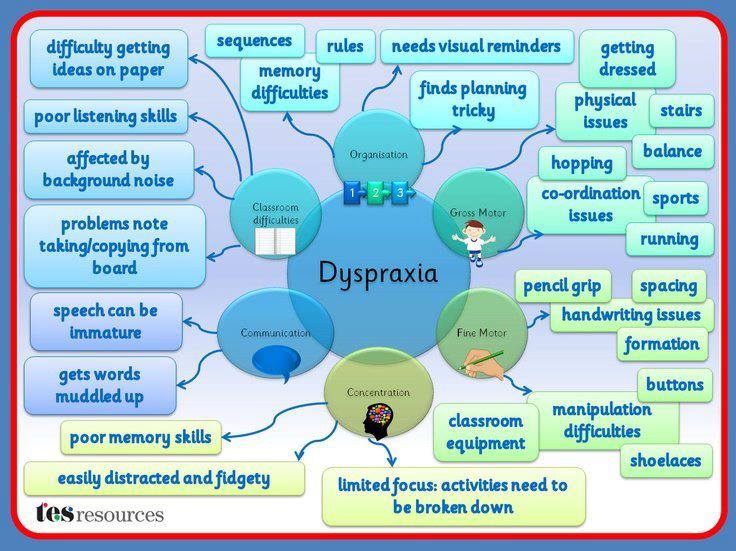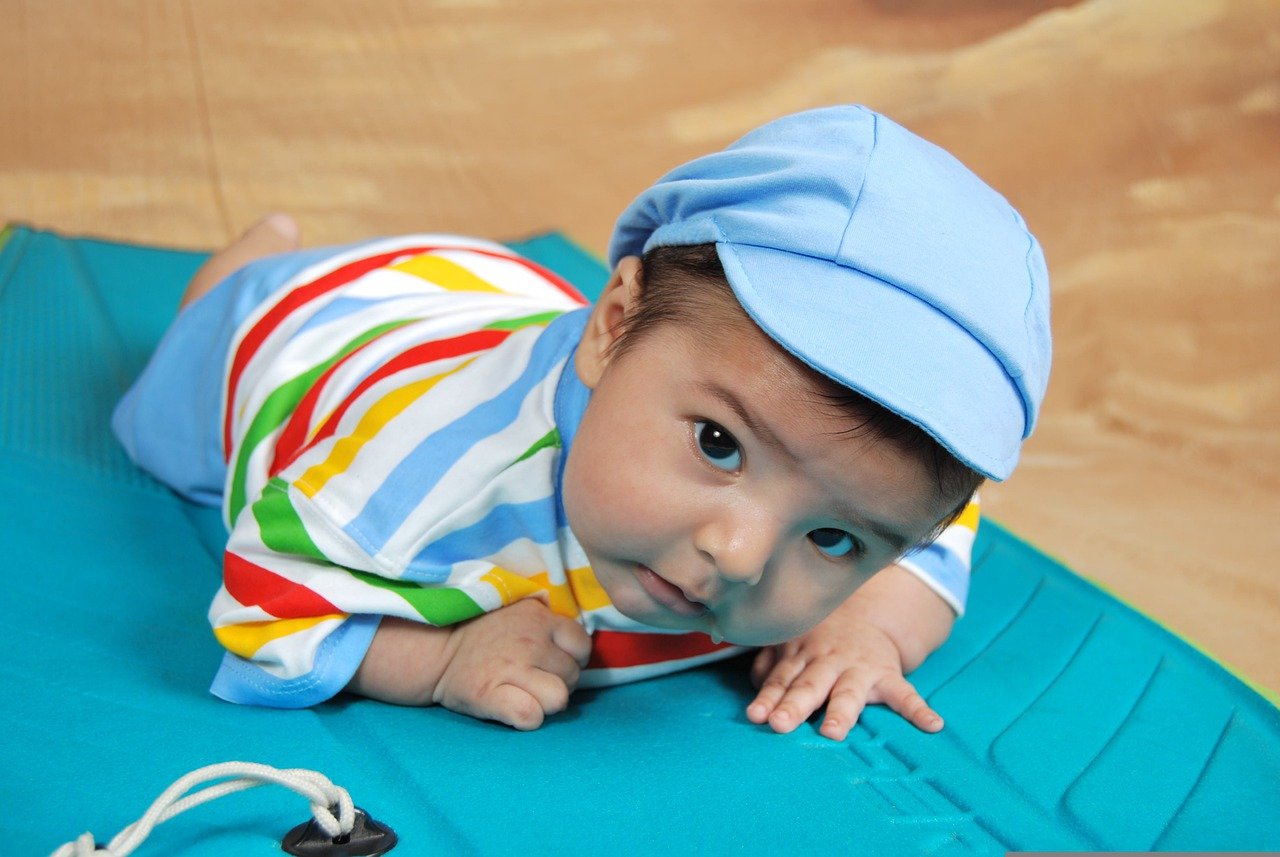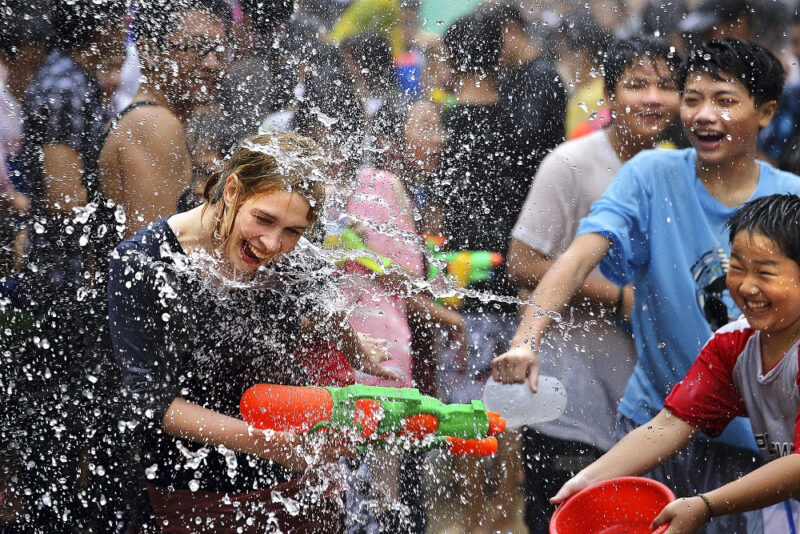Maybe they are not just clumsy kids after all…..Most people have heard about Dyslexia but did you know that many kids that have dyslexia also have dyspraxia (DCD) which has a huge impact on their daily lives and they struggle with physical co-ordination the every day things that most kids just take for granted. Many children sometimes perform badly with simple activities and are branded as just clumsy or accident prone, but what if it’s something more?
Dyspraxia affects hand-eye co-ordination and your fine and gross motor skills, sensory overload, time keeping and the ability to process information. DCD is thought to be around 3 or 4 times more common in boys than girls, and the condition sometimes runs in families. A child with DCD may appear awkward and clumsy as they may bump into objects, drop things and fall over a lot and while all kids do this once in a while, if you notice continued accidents or bruises and bumps it could be time to get them correctly assessed.

Dyspraxia in Infants
Every parent is anxiously watching for those early childhood milestones, when their baby rolls over, sits alone, crawls and walks and while every child is beautifully unique, if by after their second birthday they are not reaching those normal developmental milestones, this can be an early sign of DCD in young children. You may also notice that your little one:
- displays unusual body positions or postures in their 1st year
- has problems playing with toys that require their hand to eye co-ordination, such as stacking bricks
- has difficulty learning to eat with a spoon or knife and fork

Problems in Older Children
As your child gets older, they may develop more noticeable physical difficulties, plus problems in other areas of movement and co-ordination and may have difficulty with:
- playground activities such as hopping, jumping, running, and catching or kicking a ball. They often avoid joining in because of their lack of co-ordination and may find physical education difficult at school
- walking up and down stairs where they may miss steps or bump into walls
- writing, drawing and using scissors – their handwriting and drawings may appear scribbled and less developed compared to other children their age
- getting dressed, doing up buttons and tying shoelaces
- keeping still – they may swing or move their arms and legs a lot

Additional Problems
As well as difficulties related to movement and co-ordination, children with DCD can also have other problems such as:
- difficulty concentrating – they may have a poor attention span and find it difficult to focus on 1 thing for more than a few minutes at a time
- difficulty following instructions and copying information – they may do better at school in a 1-to-1 situation than in a group, so they can be guided through work
- being poor at organising themselves and getting things done
- being slow to pick up new skills – they need encouragement and repetition to help them learn
- difficulty making friends – they may avoid taking part in team games and may be bullied for being “different” or clumsy
- behaviour problems – often stemming from a child’s frustration with their symptoms
- low self-esteem
Although children with DCD may have poor co-ordination and some additional problems, other aspects of development – for example, thinking and talking – are usually unaffected.
To find out more about dyspraxia please visit https://dyspraxiafoundation.org.uk/
Dyspraxia Explained for Kids
This video highlights some of the issues children struggling with Dyspraxia may have; the ability to laugh at themselves can be wonderful but it is also a condition that needs sensitive understanding.
Related conditions
Children with DCD may also have other conditions, such as:
- ADHD – a group of behavioural symptoms that include inattentiveness, hyperactivity and impulsiveness
- Dyslexia – a common learning difficulty that mainly affects the way people read and spell words
- Autism – a condition that affects social interaction, communication, interests and behaviour.
Editor’s Note: If you are concerned your child may have difficulties or challenges, there is help in the form of learning and behavioral support resources in Bangkok.





